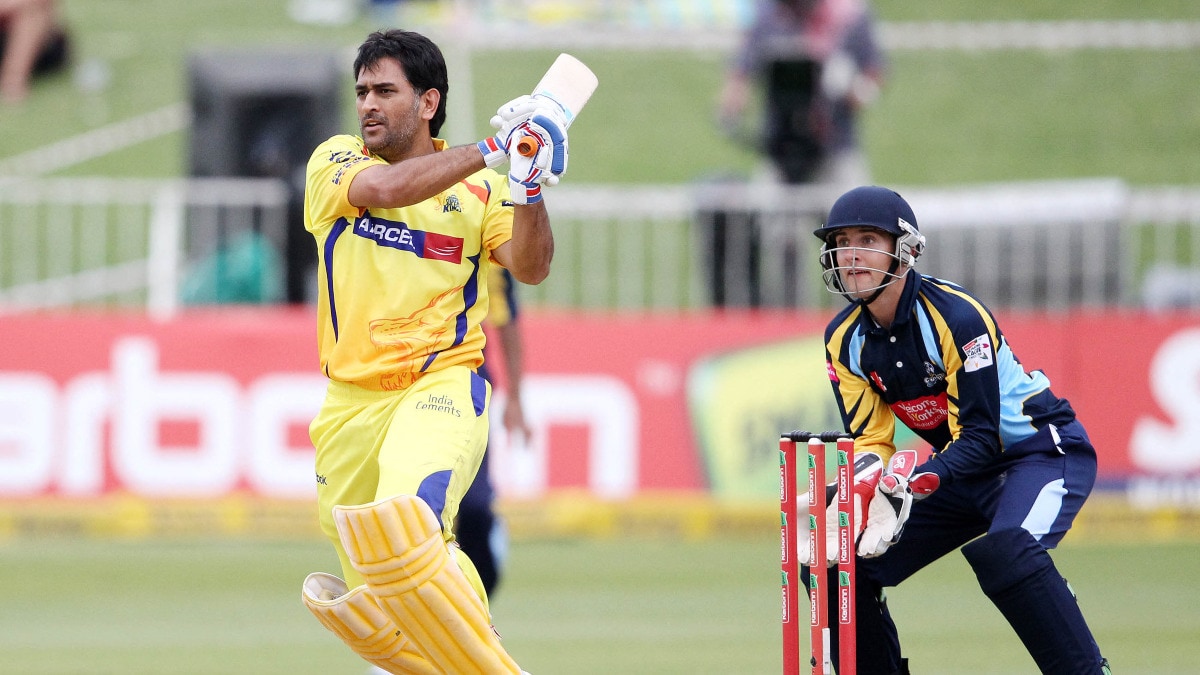

The England and Wales Cricket Board (ECB) is seriously considering the possibility of launching a World Club Championship in the style of the defunct Champions League T20 (CLT20). ECB Chief Executive Richard Gould has publicly stated that such a tournament is "on the cards" and represents the "next logical step" in the evolution of cricket.
The original CLT20, jointly run by the BCCI, Cricket Australia, and Cricket South Africa, was discontinued in 2014 after six seasons. The reasons cited for its demise included a lack of sufficient public interest and, consequently, limited commercial viability. However, Gould believes that the CLT20 was ahead of its time and that the landscape of T20 cricket has changed dramatically since then. The final edition of CLT20 took place in 2014 in Bengaluru, with Chennai Super Kings defeating Kolkata Knight Riders.
In recent years, numerous franchise-based T20 leagues have sprung up around the world, including The Hundred in England, SA20 in South Africa, the ILT20 in the UAE, Major League Cricket in the United States, and the Pakistan Super League. This proliferation of leagues has created a potential pathway for a World Club Championship to provide context and meaning to the various domestic T20 circuits. Gould believes that a global tournament featuring the best club teams would be a natural progression, similar to the FIFA Club World Cup in football or the upcoming Rugby Club World Cup.
According to Gould, the proposed World Club Championship would include both men's and women's teams, further emphasizing the growing importance of women's cricket on the global stage. While the plans are still in the early stages, the ECB's interest signals a significant step towards making the tournament a reality.
One of the key challenges in establishing a World Club Championship will be securing the support of the major franchise leagues, particularly the Indian Premier League (IPL). Eight of the ten IPL teams have investments in overseas leagues, meaning their buy-in would be crucial for the tournament's success. IPL Chairman Arun Dhumal has indicated a willingness to consider the proposal, provided it adds value to cricket on a global scale.
Another hurdle is the already congested international cricket calendar. Finding a suitable window to stage the tournament without clashing with other major events will require careful planning and cooperation between the various cricket boards.
Despite these challenges, the potential benefits of a World Club Championship are numerous. It would provide a platform for the best T20 players from around the world to compete against each other, raise the profile of franchise cricket, and create new commercial opportunities for the sport. It could also give context to the expansion of franchise cricket.
The ECB's exploration of a World Club Championship marks an exciting development in the world of cricket. If successful, it could usher in a new era of global club competition and further solidify T20's position as one of the sport's most popular formats.